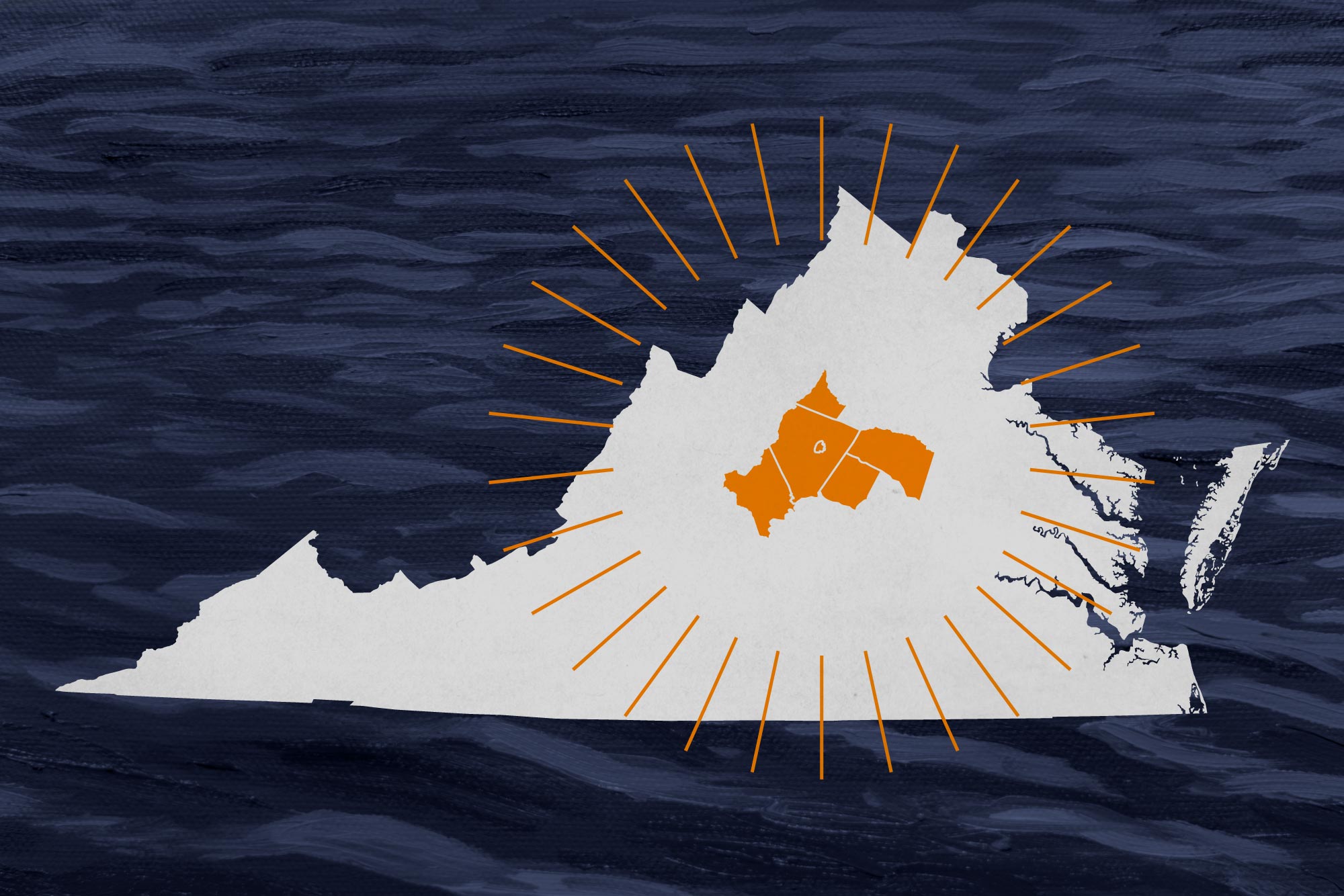The University of Virginia is inviting members of the local community to participate in an important new online survey about the effects of the coronavirus pandemic. The results will be shared with community leaders.
“We are launching a survey of the region, using our regional survey panel, ‘BeHeardCVA,’ and we’ll be asking local residents about their experiences and opinions about the coronavirus pandemic,” said Tom Guterbock, the academic director of UVA’s Center for Survey Research.
To do that, residents of Charlottesville and its surrounding counties – Albemarle, Fluvanna, Green, Louisa and Nelson – need only take a few minutes to register for the survey, after which time they will receive a link to the study.
“We’re encouraging people from the area to sign up, so they can be part of the survey and let us know how they are faring in this national crisis,” Guterbock said.
Survey questions include queries about how much the local community knows about the virus, if community members have concerns that they or someone in their family might get the illness, or if they are concerned that some officials are exaggerating the seriousness of the situation.
“We’re asking about people’s opinion about what the U.S. government’s doing, Virginia’s state government and local government,” Guterbock continued. “Are they doing too much? Are they doing the right amount? Or are they not doing enough?
“So, you know, if they think that they’re underplaying it, they can say so,” he said.
Community members can also share opinions on various policies, like quarantines or mass testing.
UVA also wants to know how people have adjusted to the virus. Have you had to cancel a doctor’s appointment, or visited one, or had to cancel travel?
The surveyors also want to hear about your trust in different sources of news. “We have a section about economic impacts. Have you lost your job? Do you have a small business? Are you working the same number of hours? How worried are you about running out of money?” Guterbock said. “We also ask about internet access and whether people have had slowdowns because everyone is home.”
Everyone aged 18 and older is encouraged to participate in the coronavirus survey, which went live Thursday afternoon and is expected to be open for about a week.
“We’re going to try to be nimble, based on responses coming in and the timing of those,” said Kara Fitzgibbon, director of UVA’s Center for Survey Research. “Right now, our thought is maybe close by next Wednesday and then have a short press release with the results by April 3.”
Members of her team will then take a closer look at all of the data and produce a longer, more complex summary of the survey results. Survey results will also be sent directly each person who participates in the study.
“There may not be a topic in this decade that is quite as important as this one, because it affects every single human on the planet,” said Jane Foy, the community liaison for BeHeardCVA. “This particular survey affects every single person, so it’s just so important that we hear from these people, that we hear from everybody. That they know that they have a voice.”
Guterbock said he thinks it’s important “for leaders and local officials to understand how the public is viewing this crisis and whether they are sheltering in place and knowing more about how it’s impacting people economically.” That information can help leaders effectively respond.
Guterbock said it is easy for people to feel like their voices are not being heard because they are in isolation. He said taking the survey is an important and constructive way to make your voice heard in a way that can effect real change.
UVA created BeHeardCVA, the first regional community survey panel in the state, last year with support and encouragement from President Jim Ryan.
“We built the panel by reaching out to random households across the region, both by mail and by phone and through local community events,” Guterbock said, adding that the team is excited about being able to do surveys for local governments and nonprofits in the future.
Media Contact
Article Information
March 26, 2020
/content/be-heard-uva-wants-know-how-covid-19-affecting-you

